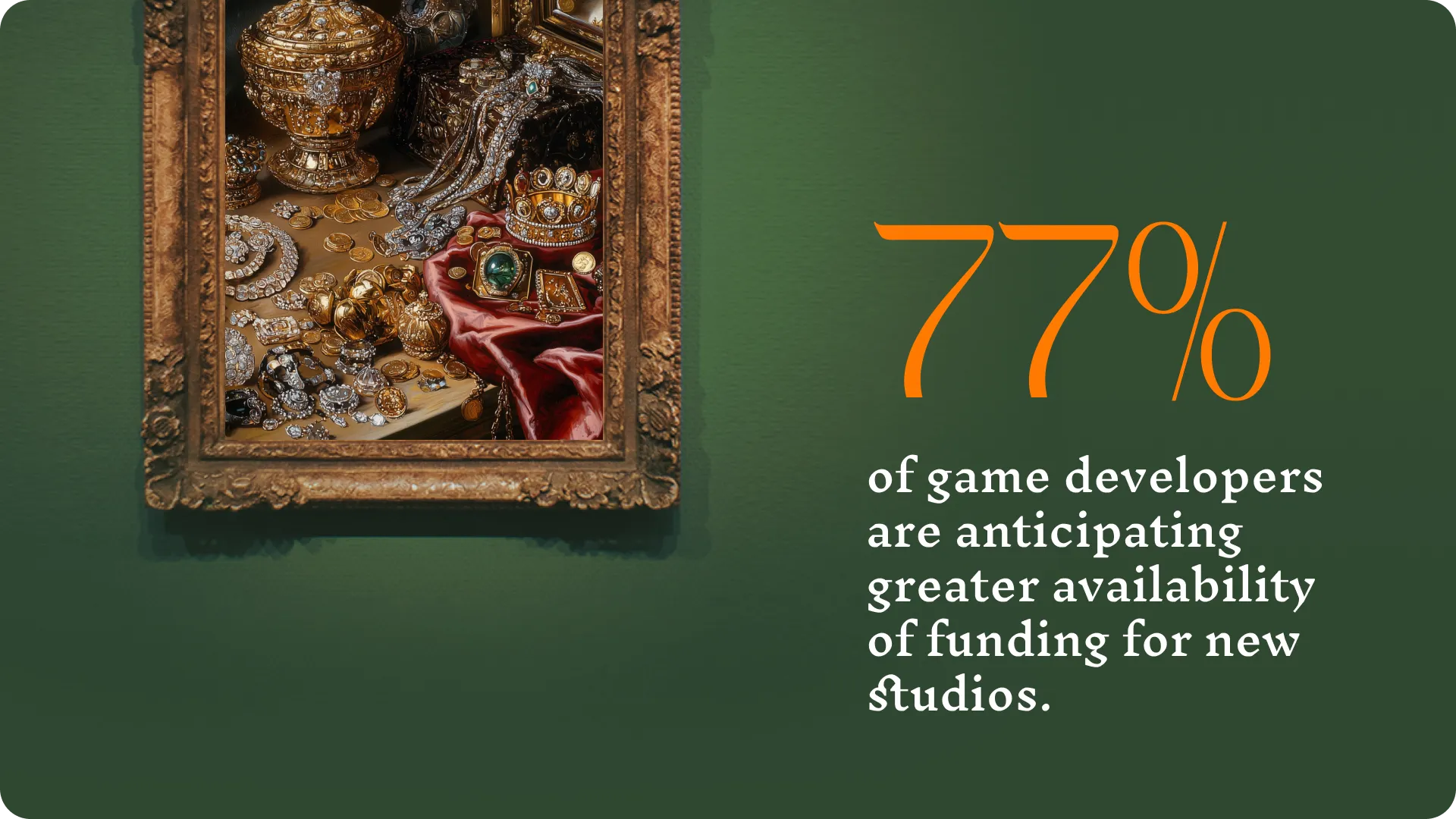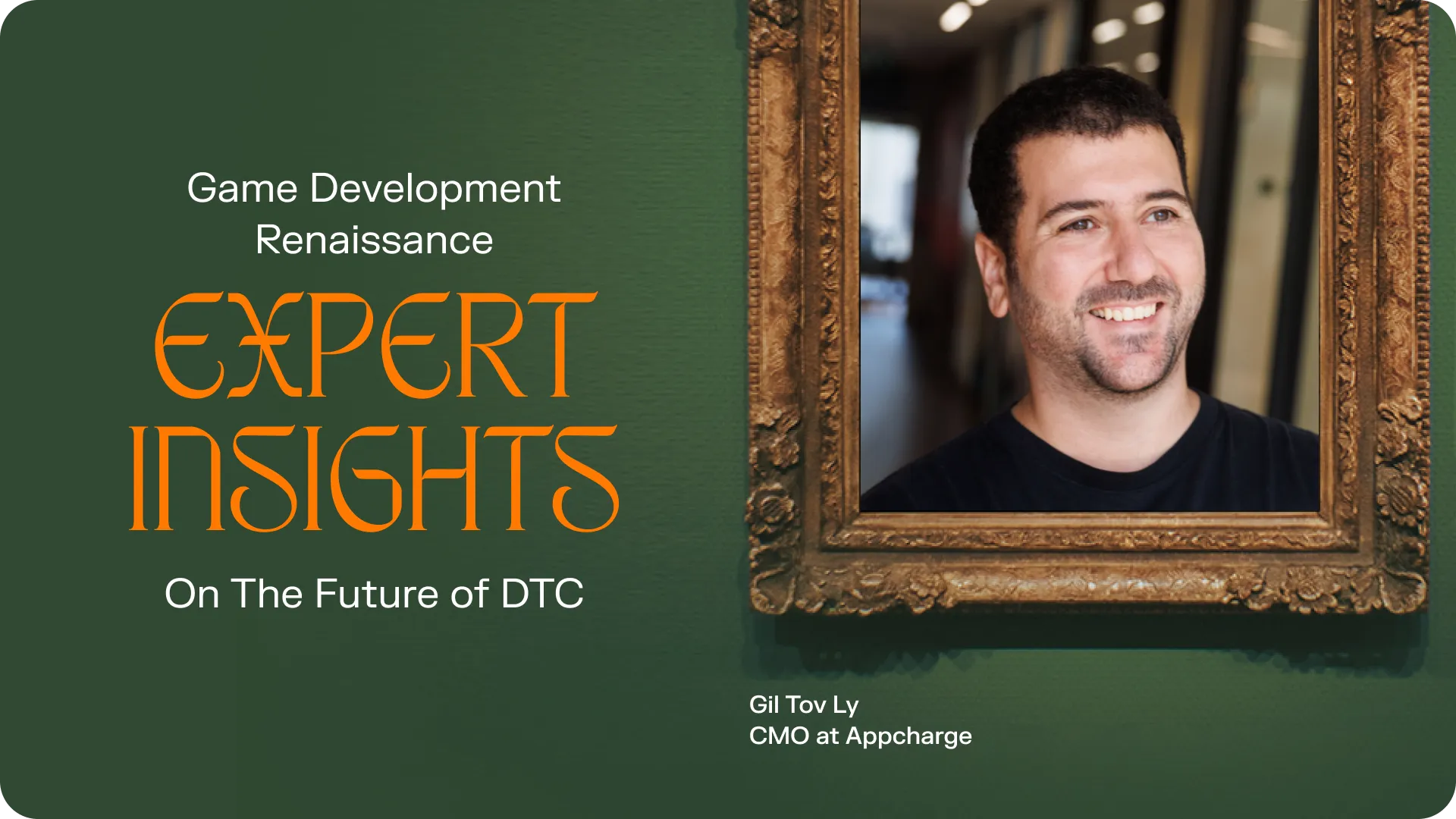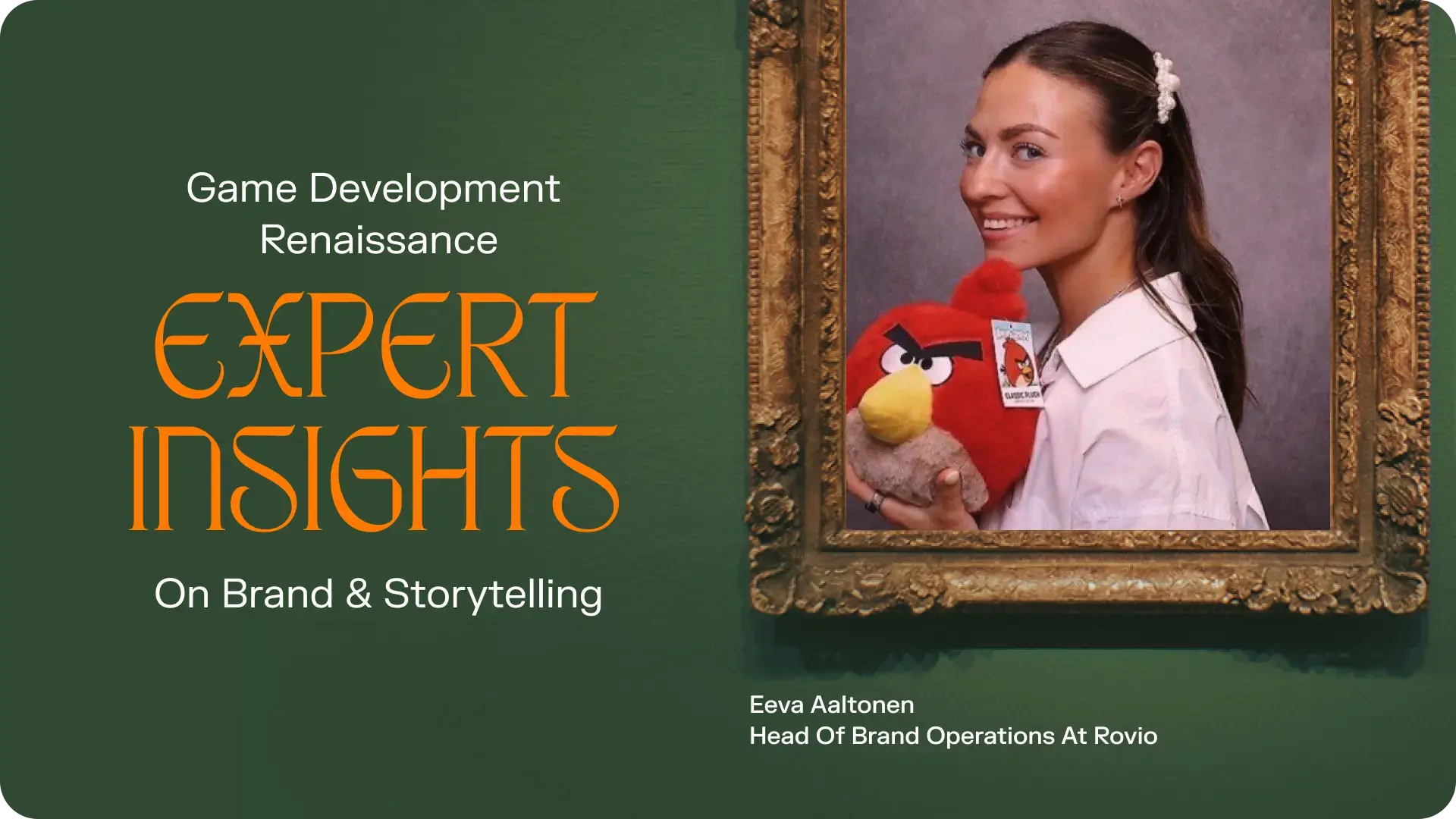Industry veteran Oliver Kern shares his vision for a more sustainable games industry, from new discovery channels and modular studio structures to the realities of selective funding in 2025.
Game Discovery Is Changing: What Developers Need to Know
Discoverability has long been one of the industry's most stubborn pain points. Even when great games are built, getting them in front of the right audience is another story entirely. As Oliver puts it, "People feel like, okay, discovery is just not getting better."
But looking ahead, he sees the beginnings of a shift, particularly with the rise of new storefronts across mobile and PC. "There are more marketplaces, more stores on multiple platforms," he explains. "You might end up with 25 stores, which is challenging, but at least you feel like you're more in control."
That growing sense of control matters. While fragmentation means developers may need to do more work, it also opens up fresh routes to market and more chances to experiment. Developers are no longer bound to a single platform's algorithm or ad economy.
Why It's Time to Rethink Game Studio Structures
Beyond discoverability, there's a deeper, more structural issue plaguing the industry: how games are actually made. Oliver believes it's time for a fundamental reset.
"I don't think how games were made over the last five years still applies. We need a better, more sustainable way of doing things." — Oliver Kern
One of his boldest proposals? Separating the creative and production sides of game development. Much like the film industry's transformation in the '60s and '70s, Oliver pictures a model where small, creative teams focus solely on ideation and IP development, while specialized production companies take care of the heavy lifting. "If you're great at raising money and building a compelling IP, then do that," he says. "Don't feel like you also need to grow a team from five to fifty and manage all of production."
He compares the ideal model to modern film production, where multiple studios with different strengths collaborate, resulting in more consistent output, less burnout, and better final products. "I'd love to see a future where we see five or six logos at the start of a game, just like in movies," he notes.
This modular model could also help avoid the "grow at all costs" mentality that has burned out many successful teams post-funding or post-acquisition. Studios would no longer feel pressured to do everything themselves, or scale rapidly just to stay competitive.
In short, the future of game development might not be about going bigger. It could be about going smarter.
The Funding Landscape for Games Remains Tight, but Selective Investment Is Still Happening
Despite some optimistic headlines, the broader funding environment for content, especially games, is not significantly improving. Capital is still scarce, and most investors remain cautious. "But funding hasn't disappeared," Oliver notes. "It's just become a lot more selective."
That means templated, derivative pitches are struggling, while bold, standout ideas still find support, albeit in smaller, more deliberate ways.
Teams are increasingly forced to get scrappy in the early stages, combining grants, partnerships, and early community traction to gain momentum. "You're seeing solo devs and micro studios breaking through," Oliver observes. "Balatro, Grow a Garden on Roblox: these weren't high-budget projects. They were different enough to cut through the noise."
For studios looking to raise, the reality is clear: generic doesn't get funded. Originality, clarity, and early proof points matter more than ever.

The Future of Game Development Is Leaner, Smarter, and More Focused
So where does this all leave us?
Looking across the trends of discovery, production, and investment, one theme keeps coming back: clarity of purpose. For Oliver, the studios that thrive now won't be the biggest, loudest, or most well-funded — they'll be the ones who know exactly what they're best at and build around that strength. "We've seen so many people - especially those who went through big studio acquisitions - go back to square one," he reflects. "But I hope we're smarter this time. We can't just keep hiring endlessly and expect things to work."
The real opportunity ahead is to move away from old habits and toward new, more sustainable ways of building games. Studios don't need to be everything to everyone. Instead, they can focus on their core capabilities, form smart partnerships, and scale in ways that actually make sense.
"Something is not right. And we, as an industry, have to look in the mirror and say: we have to do better." — Oliver Kern
It's not just optimism for optimism's sake. It's about building the conditions for real, long-term success.




